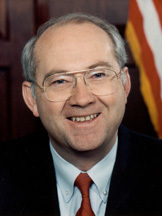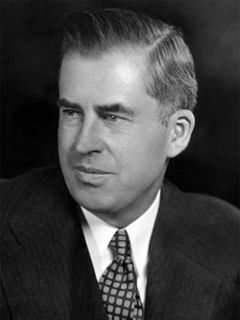A Quote by Carlos Fuentes
The United States condoned dictatorships in Latin America for much of the 20th century.
Quote Topics
Related Quotes
To equate Vladimir Putin and the United States of America, as Donald Trump was asked, you know, I guess it was Bill O'Reilly who said, "But Putin is a killer." And he basically said, "So are we." That moral equivalency is a contradiction of everything the United States has ever stood for in the 20th and 21st century.
The nationalism and the protectionism that was built into the Mexican Revolution in 1910 and that characterized the Mexican attitude to the United States for much of the 20th century were difficult to overcome. But that actually has occurred. And the cooperation, trust and confidence that have been built is not something that should be abandoned without great consideration for the potentially grave consequences to the United States.
Latin America was the most obedient follower of the neoliberal regime that was instituted by the United States, its allies and the international financial institutions. They followed it most rigorously. Almost everyone who's followed those rules, including the Western countries, have suffered. And in Latin America they suffered severely.







































